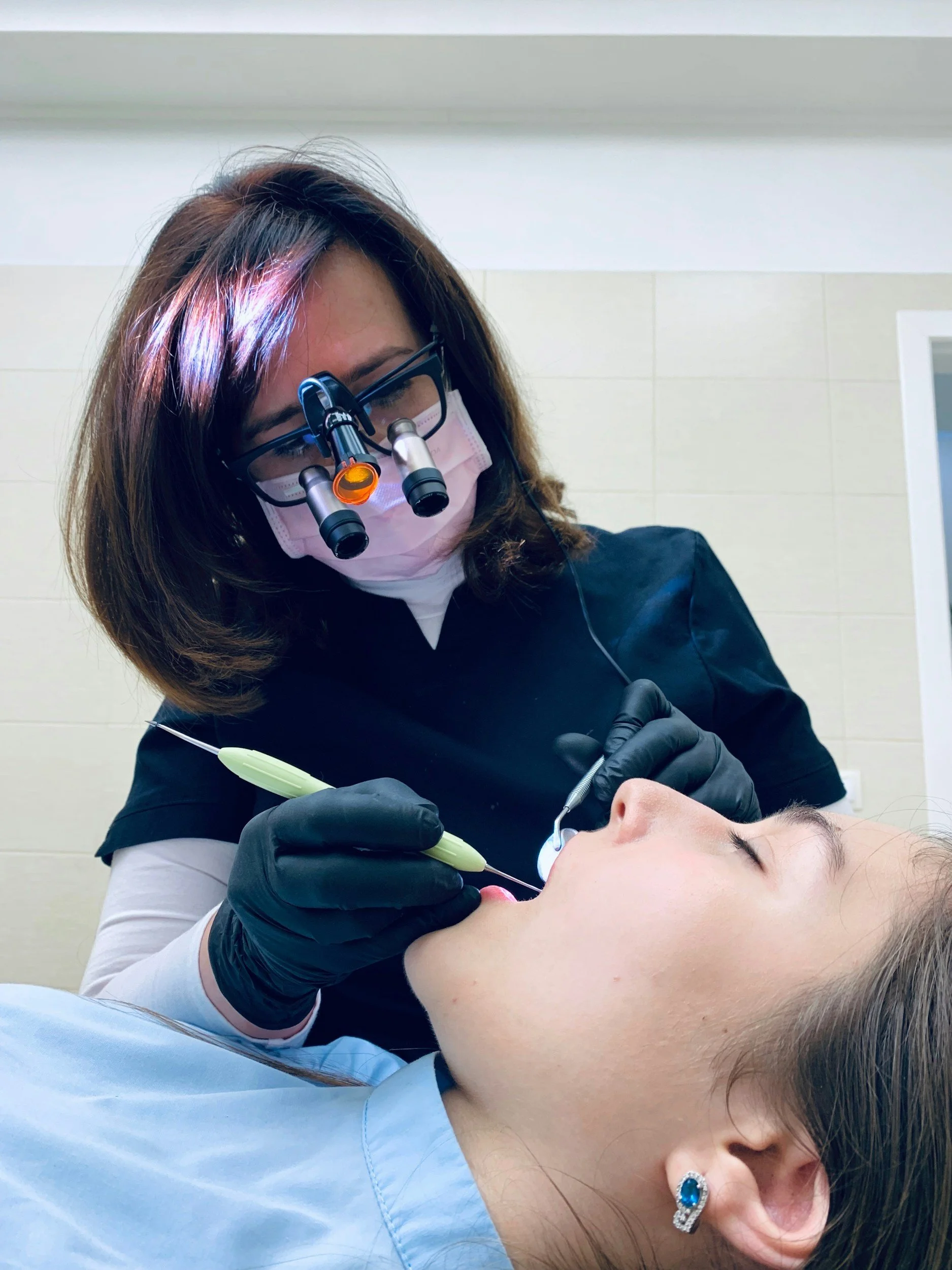When we think of workplace injuries, we often envision accidents that cause broken bones, cuts, or sprains. However, dental injuries, though less common, are significant and can be just as debilitating. If you've suffered a dental injury on the job, understanding how workers' compensation can support your recovery is crucial.
What Qualifies as a Dental Injury?
Dental injuries in the workplace can range from minor issues, like chipped teeth, to more severe damage, such as broken jaws or lost teeth. Common scenarios leading to dental injuries include:
Falls: A slip or trip can result in a facial impact that damages teeth.
Accidents with Equipment: Tools or machinery may cause dental trauma if they come into contact with the face.
Physical Altercations: Workplace disputes or violence can result in dental injuries.
Repetitive Strain: In some cases, long-term stress or repetitive motions can lead to dental issues like jaw problems.
Workers’ Compensation and Dental Injuries: The Basics
Workers' compensation is designed to cover medical expenses and lost wages resulting from work-related injuries. Here’s how it applies to dental injuries:
Eligibility: To qualify for workers' compensation, the injury must be work-related. This means it must have occurred during the course of employment or as a result of job duties. Documenting the cause and circumstances of the dental injury is essential.
Medical Coverage: Workers' compensation typically covers the cost of medical treatments for dental injuries, including emergency care, dental procedures, and sometimes even prosthetics if needed. Be sure to seek treatment from providers approved by your employer or insurance carrier to ensure coverage.
Lost Wages: If the dental injury impacts your ability to work, workers' compensation may also provide benefits to cover lost wages. The amount and duration of wage replacement can vary depending on the severity of the injury and the extent of time you are unable to work.
Filing a Claim: Reporting the injury promptly is crucial. Notify your employer immediately and follow their procedures for reporting workplace injuries. Delays or failure to report could jeopardize your claim. Ensure you get a copy of the report and keep all related medical records.
Disputes and Appeals: If your claim is denied or you disagree with the compensation offered, you have the right to appeal. Document all communications and seek assistance from a workers' compensation attorney if necessary.
Preventing Dental Injuries at Work
Prevention is always better than cure. Here are some strategies to minimize the risk of dental injuries:
Safety Gear: Use appropriate personal protective equipment (PPE), such as face shields or helmets, especially in high-risk environments.
Proper Training: Ensure that employees are trained in safe practices and emergency procedures related to their specific job tasks.
Workplace Design: Optimize the workspace to reduce hazards that could lead to falls or accidents that might cause dental injuries.
Conclusion
Dental injuries, though less common than other workplace injuries, can have a significant impact on your health and daily life. Understanding your rights under workers' compensation and how to effectively navigate the claims process is key to ensuring you receive the support and compensation you deserve. Remember, if you face any challenges with your claim or need further assistance, don't hesitate to seek professional advice.
Feel free to book an appointment anytime.
Phone number: 9558 8988
E-mail: infor@painfreedentistsydney.com.au
